Sep
29
2015
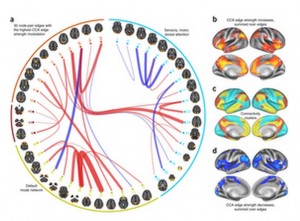 One marker of a good scientific study is that it provokes more questions than it answers. That thought kept occurring to me as I read a recent study: A positive-negative mode of population covariation links brain connectivity, demographics and behavior. The study essentially correlates specific patterns of brain connectivity – the degree to which different parts of the human brain talk to each other – with a suite of what are generally considered positive traits, such as education, income, and self-control.
One marker of a good scientific study is that it provokes more questions than it answers. That thought kept occurring to me as I read a recent study: A positive-negative mode of population covariation links brain connectivity, demographics and behavior. The study essentially correlates specific patterns of brain connectivity – the degree to which different parts of the human brain talk to each other – with a suite of what are generally considered positive traits, such as education, income, and self-control.
Let me describe the study and then we’ll try to unpack the many layers of what such a study might mean.
The authors are among the first to avail themselves of the Human Connectome Project (HCP), part of the NIH funded BRAIN project. The HCP seeks to perform high definition function MRI scanning on 1,200 individuals while also gather large amounts of data about those same individuals, such as IQ testing, personality profile, and a host of demographic and historical information. The HCP has already released its data for the first 500 subjects to be scanned, so that other scientists can use the data for their own research.
Continue Reading »
Sep
28
2015
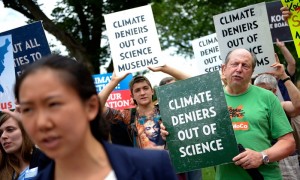 The AP has recently published an updated version of its Stylebook, which contains the following entry:
The AP has recently published an updated version of its Stylebook, which contains the following entry:
To describe those who don’t accept climate science or dispute the world is warming from man-made forces, use climate change doubters or those who reject mainstream climate science. Avoid use of skeptics or deniers.
This debate has been going on as long as the debate about the nature of recent climate change. This is more than a nitpick, as words have real meanings and they often reflect our understanding of an issue. Those who do not accept the current consensus of climate science would prefer they be referred to as “skeptics.” This has caused a problem for the skeptical community, because the majority of scientific skeptics accept the consensus of scientific opinion on anthropogenic global warming (AGW). They feel that AGW deniers are deniers and they taint the brand of “skeptic” by adopting that term.
There is, of course, a continuum of scientific acceptance without a sharp demarcation. Following Aristotle’s golden mean, I would place proper scientific skepticism as a virtue positioned between two extremes, with denial at one end and true-belief or gullibility at the other. This scientific continuum also does not capture the entire picture, as there are those who are anti-science or who follow non-scientific philosophies.
Continue Reading »
Sep
24
2015
 This week I have been making my way through a list of old and debunked creationist arguments put together by Michael Snyder (a young-earth creationist), giving the old arguments new life on social media. As science communicators we often have to play this game of whack-a-mole, persistently addressing points that have already been refuted. Each time is an opportunity to educate more people about the real science of evolution, about logic and critical thinking, about science in general, and the vacuous and deceptive arguments of the science deniers.
This week I have been making my way through a list of old and debunked creationist arguments put together by Michael Snyder (a young-earth creationist), giving the old arguments new life on social media. As science communicators we often have to play this game of whack-a-mole, persistently addressing points that have already been refuted. Each time is an opportunity to educate more people about the real science of evolution, about logic and critical thinking, about science in general, and the vacuous and deceptive arguments of the science deniers.
This is the fourth and final installment of this series of posts. You can find the others here: Part I, Part II, and Part III.
The next five points that Snyder raises are all variations on the same theme:
#30 Which evolved first: blood, the heart, or the blood vessels for the blood to travel through?
#31 Which evolved first: the mouth, the stomach, the digestive fluids, or the ability to poop?
#32 Which evolved first: the windpipe, the lungs, or the ability of the body to use oxygen?
#33 Which evolved first: the bones, ligaments, tendons, blood supply, or the muscles to move the bones?
#34 In order for blood to clot, more than 20 complex steps need to successfully be completed. How in the world did that process possibly evolve?
Snyder, of course, is asking a false question, one with an unstated major premise that is wrong, or at least misleading. The implication he is trying to make is essentially the debunked notion of irreducible complexity – that complex structures or biological systems could not have evolved because they could not have simpler functional states.
Continue Reading »
Sep
24
2015
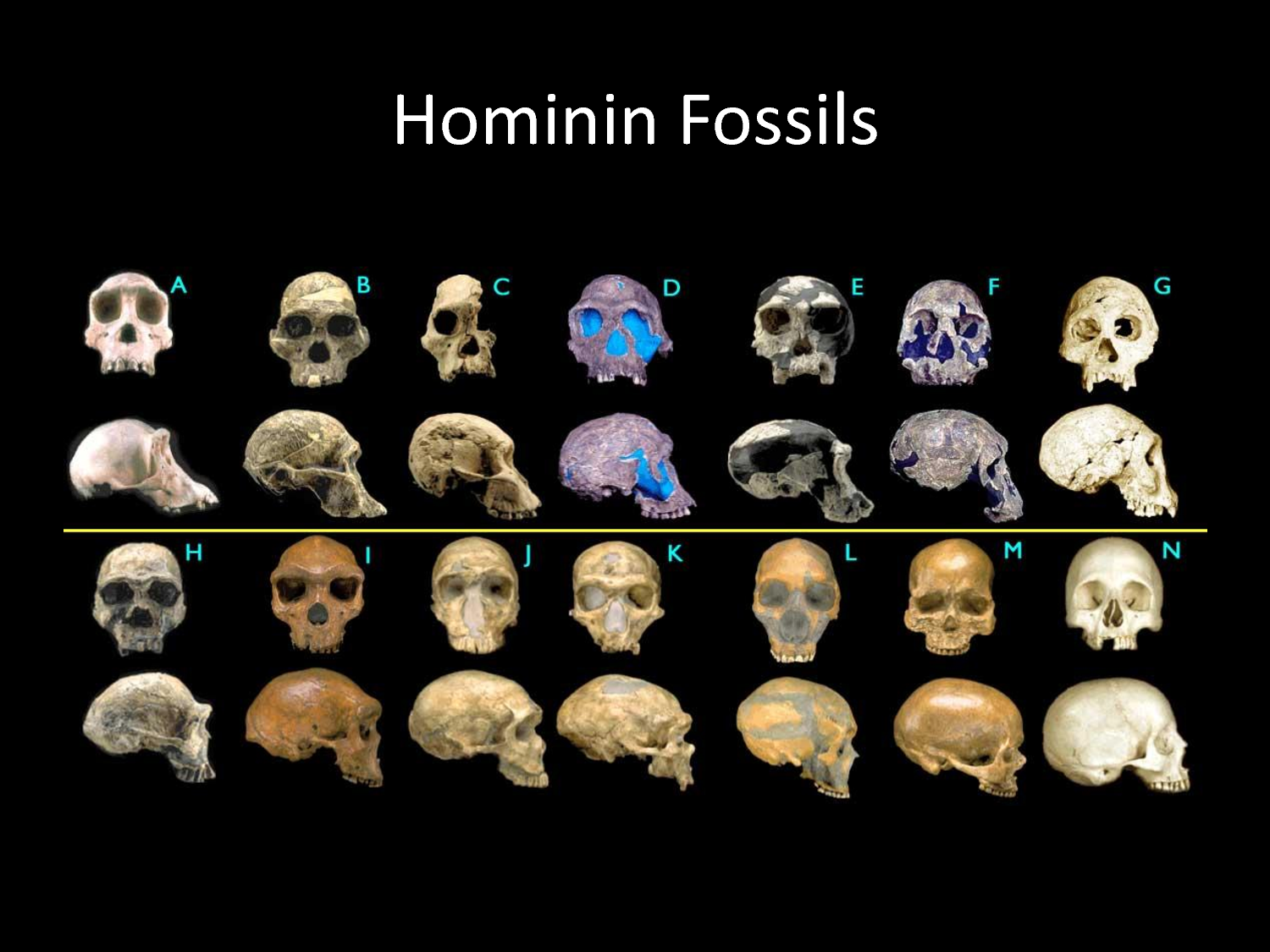
This is the third post dealing with a recent aggregation of old creationist arguments that has been making the rounds on social media, 44 Reasons Why Evolution Is Just A Fairy Tale For Adults. The author, Michael Snyder, has shown a typical level of horrific scholarship and reasoning. Post 1 is here, and post 2 is here.
In the last article I discussed the claim that the Coelacanth is a “living fossil” (a term I despise because it is ripe for confusion). Essentially Snyder and other creationists treat the Coelacanth as if it is a specific species, when in fact it is an order of fish. An order surviving for hundreds of millions of years is not at all unusual.
In the next of Snyder’s reasons he commits the same mistake:
#18 According to evolutionists, the Ancient Greenling Damselfly last showed up in the fossil record about 300 million years ago. But it still exists today. So why hasn’t it evolved at all over the time frame?
This claim is entirely wrong, demonstrating sloppy research. Actually I suspect that Snyder did no research (and here I am just referring to looking up reliable references). He seems to have just swallowed a creationist meme whole from the Institute for Creation Research, specifically an article by their “science writer” Brian Thomas.
Continue Reading »
Sep
22
2015
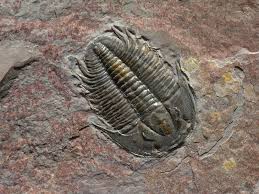 Part II: Sudden Appearance
Part II: Sudden Appearance
This is a continuation of my blog post from yesterday, deconstructing 44 alleged reasons to doubt evolutionary theory. In Part I I addressed the claim that there are no transitional fossils, which is a bold creationist lie they maintain despite the copious evidence and the fact that their misinterpretations have been publicly corrected.
The next series of “reasons” #7-12, attempt to support the claim that species appear suddenly, as if they are created. Snyder begins:
If the theory of evolution was true, we should not see a sudden explosion of fully formed complex life in the fossil record. Instead, that is precisely what we find.
Once again we see the creationist tactic of giving partial selected information, rather than putting the entire picture into perspective. They are not looking for proper perspective – they are looking for deception.
Continue Reading »
Sep
21
2015

Part I: Transitional Fossils
Creationists are an endless source of material for skeptical analysis. The reason for this is that modern creationism is what I call “sophisticated nonsense.” It is an elaborate system of motivated reasoning crafted to defend a particular religious view.
The energy, time, and resources that some creationists put into this endeavor is astounding, resulting in a mountain of false claims, half-truths, misdirections, unsound arguments, and misinterpretations.
Creationists are engaged in science denial – denying evolutionary science. The purpose of denial is doubt and confusion, so they don’t have to create and defend a coherent explanation of the origins of life on Earth. They don’t have to provide an explanation for all the available evidence. All they have to do is muddy the waters as much as possible.
Continue Reading »
Sep
18
2015
 The American Association of Naturopathic Physicians is lobbying Congress to pay naturopaths to treat vetarans, specifically for chronic pain. This, of course, goes beyond “health care freedom” (which itself is dubious) and is asking for taxpayer dollars to be spent on unproven and pseudoscientific treatments.
The American Association of Naturopathic Physicians is lobbying Congress to pay naturopaths to treat vetarans, specifically for chronic pain. This, of course, goes beyond “health care freedom” (which itself is dubious) and is asking for taxpayer dollars to be spent on unproven and pseudoscientific treatments.
The open letter does not mention specific treatments that naturopaths would offer. Instead it fearmongers about pharmacological treatments for pain. It is certainly true that opiates are a double-edged sword. They are powerful pain killers, but long term use causes dependence, tolerance, and may complicate pain management. Science-based physicians are well aware of this, and use a variety of approaches to minimize opiate use for chronic pain.
The letter claims that naturopaths have unique “natural” therapies that can effectively treat pain. This is one of the core myths of “alternative” medicine – if there were a treatment that objectively worked, it would be incorporated into mainstream medicine.
Continue Reading »
Sep
17
2015
 I generally don’t cover purely political issues on this blog, but the second Republican primary debate from last night ventured into the area of vaccines and autism. Donald Trump has said in the past that he thinks the current “epidemic” of autism is caused by vaccines. He was challenged on this position during the debate, and face palms ensued.
I generally don’t cover purely political issues on this blog, but the second Republican primary debate from last night ventured into the area of vaccines and autism. Donald Trump has said in the past that he thinks the current “epidemic” of autism is caused by vaccines. He was challenged on this position during the debate, and face palms ensued.
Orac, perhaps presciently, gave a good recap of Trump’s anti-vaccine nonsense just yesterday. In 2007 Trump said:
“When I was growing up, autism wasn’t really a factor,” Trump said. “And now all of a sudden, it’s an epidemic. Everybody has their theory. My theory, and I study it because I have young children, my theory is the shots. We’ve giving these massive injections at one time, and I really think it does something to the children.”
That is pretty much exactly what Trump said during the second debate, almost word-for-word. This demonstrates several things about Trump, in my opinion. First, he feels comfortable forming his own opinions, based on nothing but casual observation and anecdote, even on complex scientific issues, without adequate information. The fact that the scientific community has come to an opposite opinion does not even seem to give him pause. Finally, he has learned exactly nothing on this issue over the last 8 years – nothing. He has added no depth or nuance to his position, let alone correcting his factual errors.
Continue Reading »
Sep
15
2015
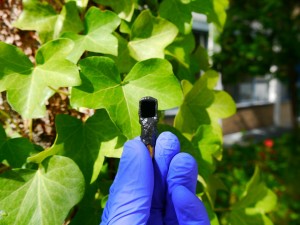 We are at an interesting point in our civilization. It seems pretty clear that the fossil fuel infrastructure on which our technology is largely built is not sustainable. Pulling massive amounts of conveniently stored energy out of the ground fueled the industrial revolution, and continues to be the primary source of our energy. Currently fossil fuels produce 82% of the worlds energy.
We are at an interesting point in our civilization. It seems pretty clear that the fossil fuel infrastructure on which our technology is largely built is not sustainable. Pulling massive amounts of conveniently stored energy out of the ground fueled the industrial revolution, and continues to be the primary source of our energy. Currently fossil fuels produce 82% of the worlds energy.
However, putting all that sequestered carbon back into the atmosphere is having unintended consequences on the climate. A recent estimate indicates that if we burn all the remaining known fossil fuel reserves the Antarctic ice sheet will essentially melt raising the oceans by 60 meters. Even if they are off by an order of magnitude, a 6 meter rise in sea level will dramatically alter the coastlines of the world.
Even if we put aside climate change, burning fossil fuels produces pollution. Beijing’s atmosphere is a good example of what happens when you try to fuel an industrial revolution with coal. Further, fossil fuels are finite. We can argue about how much there is available in the world, but it’s not infinite.
Continue Reading »
Sep
14
2015
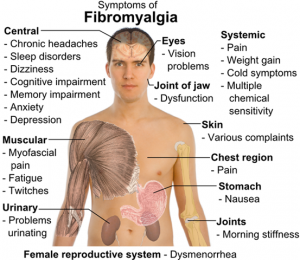 The question of whether or not fibromyalgia is a real disease is deceptively complex. The answer, therefore, is not a simple yes or no. A thorough answer requires some background, which makes it challenging to discuss any issue related to fibromyalgia without going on a long tangent about its status as a diagnosis.
The question of whether or not fibromyalgia is a real disease is deceptively complex. The answer, therefore, is not a simple yes or no. A thorough answer requires some background, which makes it challenging to discuss any issue related to fibromyalgia without going on a long tangent about its status as a diagnosis.
What’s In a Name?
Before we get to fibromyalgia specifically, I want to review how diagnostic labels are used in medicine. Health care providers, researchers, and also insurance companies and regulators need a common language to refer to what patients have. As our understanding of disease is incomplete, and also disease entities are often complex and fuzzy around the edges, a coherent and thorough diagnostic system is likewise complex.
For simplicity, however, we can divide diagnostic entities into two broad types. First there are discrete diseases, which are pathophysiological entities. This is a specific problem with a specific tissue or physiological process in the body. A disease diagnosis may refer to a specific genetic mutation, for example, or an alteration in a physiological parameter.
Continue Reading »
 One marker of a good scientific study is that it provokes more questions than it answers. That thought kept occurring to me as I read a recent study: A positive-negative mode of population covariation links brain connectivity, demographics and behavior. The study essentially correlates specific patterns of brain connectivity – the degree to which different parts of the human brain talk to each other – with a suite of what are generally considered positive traits, such as education, income, and self-control.
One marker of a good scientific study is that it provokes more questions than it answers. That thought kept occurring to me as I read a recent study: A positive-negative mode of population covariation links brain connectivity, demographics and behavior. The study essentially correlates specific patterns of brain connectivity – the degree to which different parts of the human brain talk to each other – with a suite of what are generally considered positive traits, such as education, income, and self-control.














